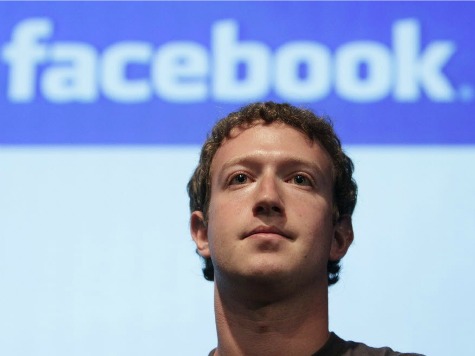At a glance, Facebook’s swoop to purchase WhatsApp for $19 billion appears eye watering, even if much of it is in stock (or funny money). The cash being paid still amounts to $4 billion, which eclipses Google’s $1.6 billion takeover of Youtube.
Indeed, when Google came sniffing only several months ago, they valued the company at $1 billion, and using some of the commonly used investor metrics, it does appear to beggar belief that the company could be worth this much. By comparison, Viber, which performs much of the same tasks, was bought for a comparative pinch at £900m.
To put it in to context, here are some of the big US majors in the S&P 500 that Facebook could have bought for the money:
|
Company |
Valuation |
Net profit |
|
Macy’s Inc, |
$19.6 billion |
$1.34 billion |
|
Marriott International |
$15.44 billion |
$571 million |
|
Southwest Airlines |
£14.7 billion |
$754 million |
|
Western Union |
$8.8 billion |
$798.4 million |
It is true that there are some impressive details when it comes to WhatsApp, not least its current user numbers of 450 million to which it is adding 1 million a day. Assuming this figure halves for the next two years as the product matures, this will still raise $319 million (by the end of 2015) in one-off revenue for the app that retails at $1.
Furthermore, the charge of $1 a year for continued use may see user numbers dwindle a little, even though it is hardly a prohibitive sum. Assuming a rather bleak scenario whereby 30% of current users don’t go along with paying the annual $1 (the number of those that don’t use it daily), and new users are added at half the present rates, that still leaves it with $634.5m of sustainable revenue that isn’t reliant on the one off revenue from selling the app. This is reduced to $444.2 when we factor in the average 70/30 revenue split on App stores.
What’s more, there is speculation that by extracting key words from conversations, Facebook can extract further ‘value added’ for its own advertising revenues on its main site.
Nevertheless, the ‘back of a cigarette packet’ calculation of approximately $626 in annual revenue for the next year for WhatsApp revenue is just revenue and not profit. When one considers that the above companies produce almost as much in cold hard profits as well as having sizeable asset bases and barriers to entry for opponents, you really are left scratching your head asking what’s going on.
As with all tech companies, it can all rapidly turn horribly sour if things don’t work out. With no asset base to strip if things do go wrong and only one product, spending $20 billion on something that will have little or no resale value if a successful substitute emerges is a big risk.
Facebook itself inflicted such misery on Bebo and Myspace when it entered the market, with Myspace having been bought by NewsCorp for $580m and sold last year for a mere $35m.
That’s not saying you should avoid the sector altogether: you should just be wary of frothy valuations being bandied about for small-scale operations with a very limited offering that can be substituted quickly by the next ‘big thing’.
What happens when they go wrong?
|
Company |
Bought for |
Sold for |
Percentage loss |
|
Bebo |
$850 million |
$10 million |
98.8% |
|
MySpace |
$580 million |
$35 million |
94% |
|
Friends Reunited |
£175m million |
£25.6 million |
85.4% |
The crucial point is that most online operations have very low barriers to entry, and this is especially true for chat apps. The pricing power Facebook will have for WhatsApp will be very low given the low overheads involved in running a large scale operation (WhatsApp has run a base of 450 million users with only 32 software engineers), as well as the existence of established rivals such as Viber.
Additionally, as the rapid demise of Bebo and MySpace illustrated, a decline in numbers can become a rout: WhatsApp is not an exception to this rule.
Put simply, why would you pay for an app to message your friends when only a fraction of them use it? Such a catalyst could be bought about either by tinkering about with pricing for something most have been using for free, or being overly intrusive with gathering data.
For all the woolly talk by Zuckerberg of “developing experiences” and “connecting everyone”, the fact is that with an outlay of $4 billion in cash and the payment in shares diluting the value of the stock, shareholders will only be interested in one thing: a cold, hard return of cash, and a consistent flow of profits.
Facebook have their work cut out to justify such a beefy valuation.

COMMENTS
Please let us know if you're having issues with commenting.